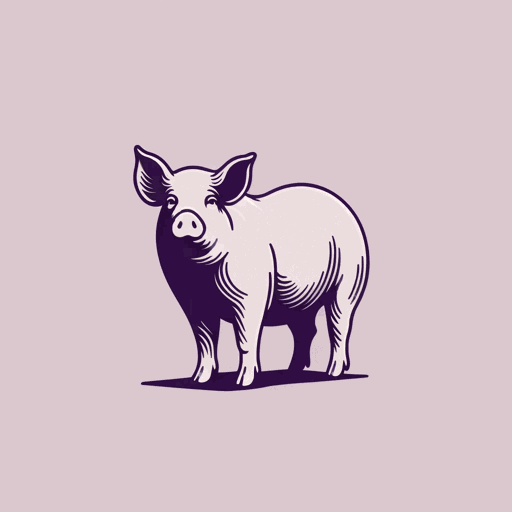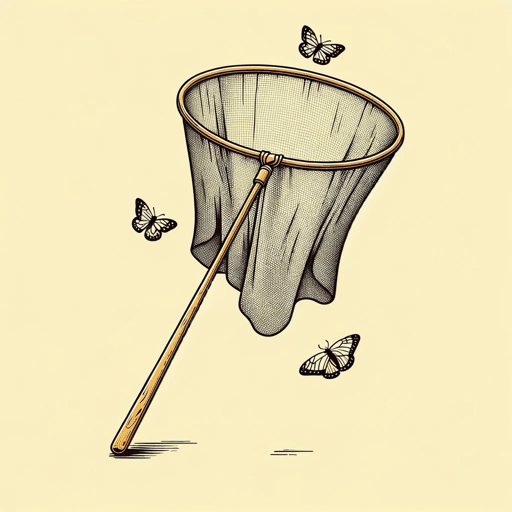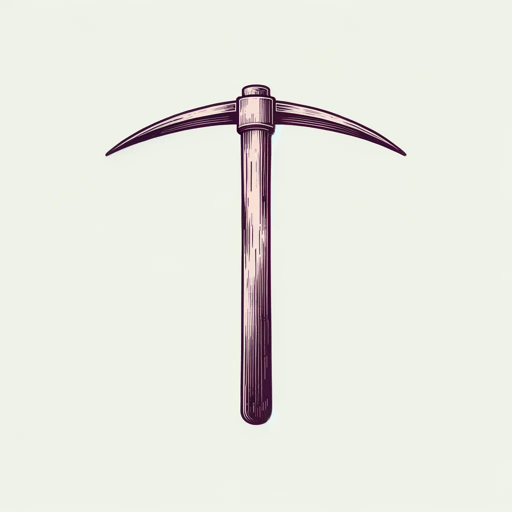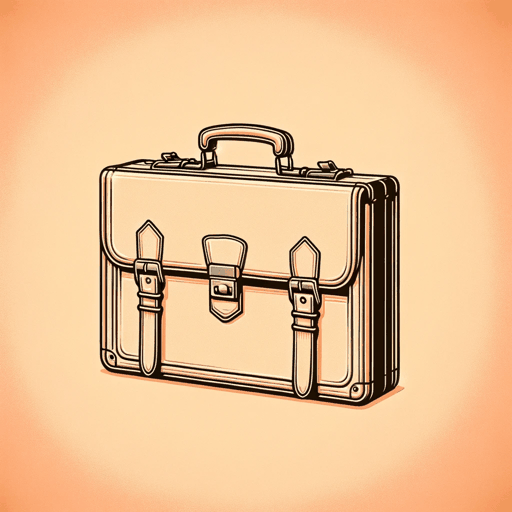50 pages • 1 hour read
George OrwellComing Up for Air
Fiction | Novel | Adult | Published in 1939A modern alternative to SparkNotes and CliffsNotes, SuperSummary offers high-quality Study Guides with detailed chapter summaries and analysis of major themes, characters, and more.
Symbols & Motifs
Fishing
Fishing serves as a powerful symbol of both George Bowling's unfulfilled desires and his longing to return to the simplicity of the past. Three of the 10 chapters comprising Bowling’s memories are dedicated to fishing: as he explains, “when I look back the whole of my boyhood from eight to fifteen seems to have revolved round the days when we went fishing” (41). Fishing is connected to some of the most important moments of Bowling’s life, such as the first time he stood up to his brother Joe, the first time he had sex, and his experience in World War I. After the age of sixteen, however, Bowling’s family pulled him out of school so that he could work, his priorities shifted, and he never fished again. Bowling recalls two instances in his adult life when he was prevented from fishing: once during the war, shortly before he was injured, and later, after his marriage, when Hilda scolded him for spending money on “those silly little fishing rods” (53). In both instances, the pressures of the modern world prevented Bowling from indulging in his favorite activity.
As an adult, Bowling understands fishing to be a relic of the past, speculating that, “the very idea of sitting all day under a willow tree beside a quiet pool—and being able to find a quiet pool to sit beside—belongs to the time before the war, before the radio, before aeroplanes, before Hitler” (44).
Related Titles
By George Orwell

1984
George Orwell

A Hanging
George Orwell

Animal Farm
George Orwell

Burmese Days
George Orwell

Down and Out in Paris and London
George Orwell

Homage To Catalonia
George Orwell

Keep the Aspidistra Flying
George Orwell

Politics and the English Language
George Orwell

Shooting an Elephant
George Orwell

Such, Such Were the Joys
George Orwell

The Road to Wigan Pier
George Orwell

Why I Write
George Orwell

